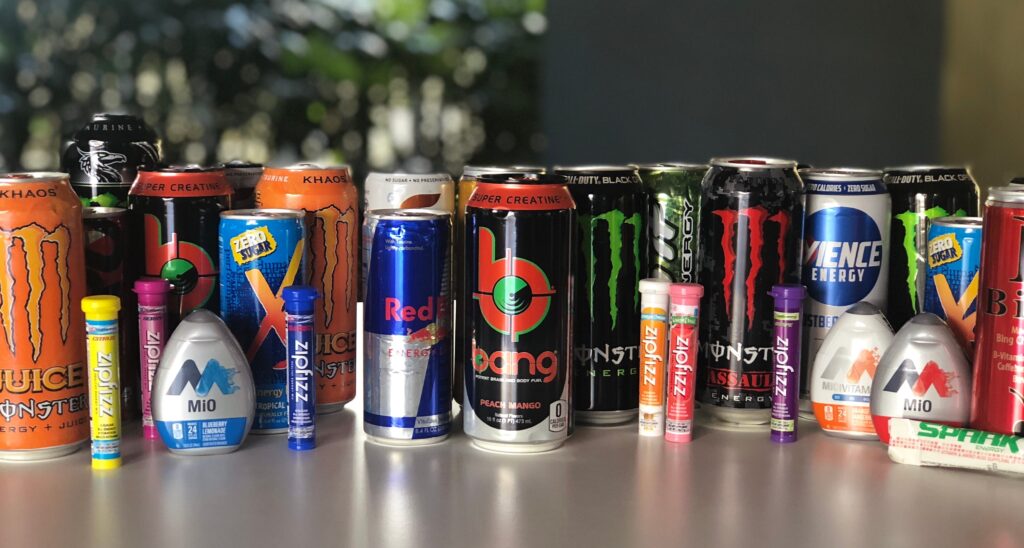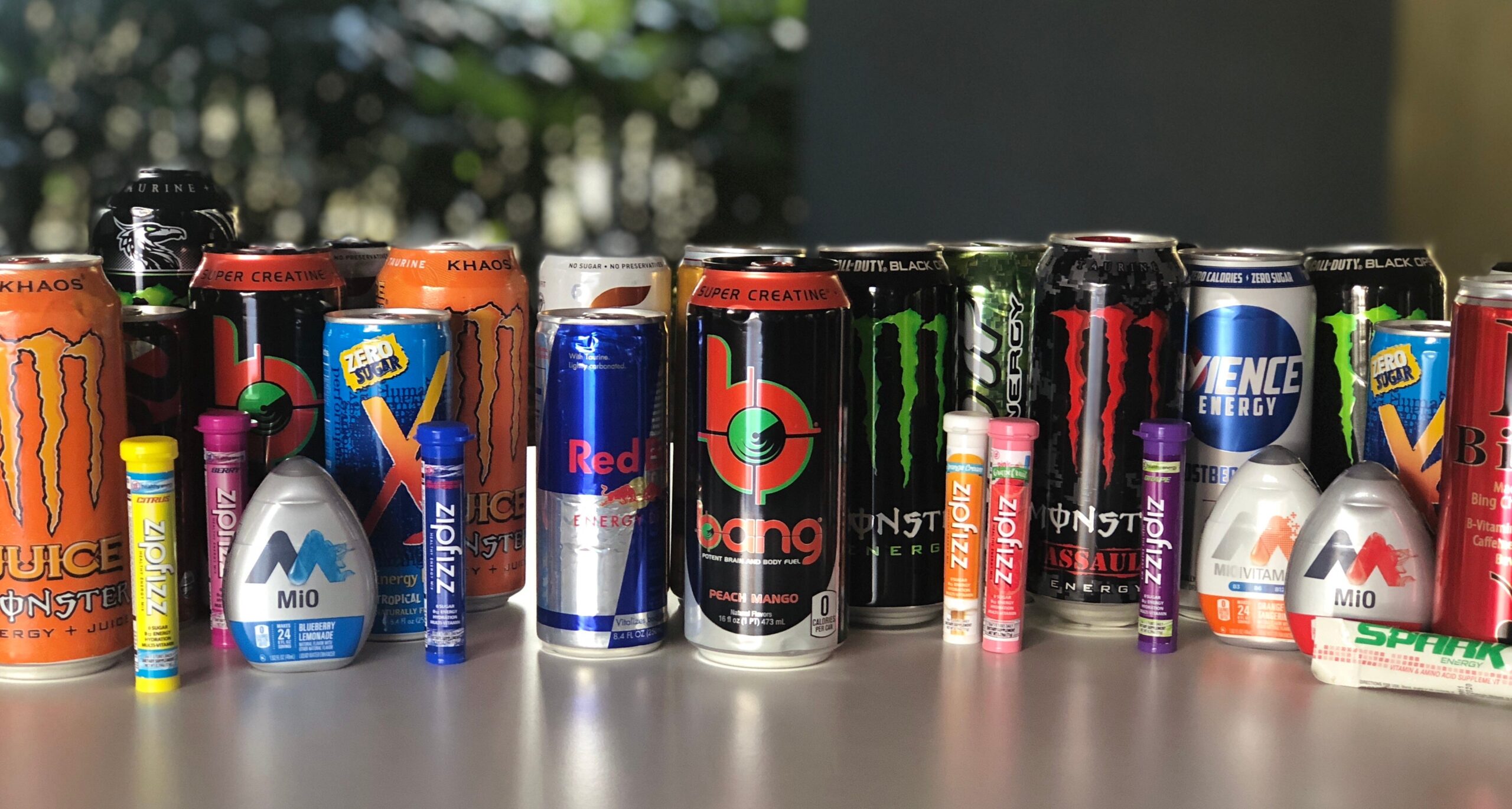
Does Alanine Have Caffeine? Unraveling the Truth Behind Energy Boosts
In the ever-evolving world of supplements and energy enhancers, it’s easy to get lost in a sea of scientific terms and marketing jargon. One question that sometimes surfaces in fitness circles and among health enthusiasts is: Does alanine have caffeine? This article aims to provide a clear, concise, and fact-checked answer, separating myth from reality. We’ll delve into what alanine is, its role in the body, and definitively address whether it contains caffeine.
What is Alanine? A Fundamental Amino Acid
Alanine is a non-essential amino acid, meaning the human body can synthesize it. It plays a crucial role in several metabolic processes, primarily in the glucose-alanine cycle. This cycle is vital for transporting nitrogen from muscles to the liver, where it’s converted into urea and excreted. Alanine is also involved in the production of glucose, a key energy source for the body. It’s naturally found in a variety of foods, including meat, poultry, fish, eggs, and dairy products.
The Role of Alanine in the Body
Alanine contributes to several important functions:
- Glucose Production: As mentioned, alanine participates in the glucose-alanine cycle, helping maintain blood sugar levels, especially during periods of fasting or intense exercise.
- Nitrogen Transport: It facilitates the removal of nitrogenous waste from muscles, preventing the buildup of toxic ammonia.
- Immune System Support: Alanine aids in the production of antibodies, which are essential for a healthy immune system.
- Muscle Function: Some studies suggest alanine may play a role in muscle endurance and recovery.
Caffeine: The Stimulant We Know and Love
Caffeine, on the other hand, is a stimulant found in various plants, including coffee beans, tea leaves, and cocoa beans. It’s widely consumed for its ability to increase alertness, improve focus, and reduce fatigue. Caffeine works by blocking adenosine, a neurotransmitter that promotes relaxation and sleepiness. This leads to increased neuronal activity and the release of other stimulating neurotransmitters like dopamine and norepinephrine. [See also: The Effects of Caffeine on Athletic Performance]
The Effects of Caffeine on the Body
Caffeine’s effects are well-documented:
- Increased Alertness: Caffeine stimulates the central nervous system, making you feel more awake and focused.
- Improved Cognitive Function: Studies have shown that caffeine can enhance memory, attention, and reaction time.
- Enhanced Physical Performance: Caffeine can improve endurance, strength, and power output during exercise.
- Diuretic Effect: Caffeine can increase urine production, potentially leading to dehydration if not properly managed with fluid intake.
Does Alanine Have Caffeine? The Definitive Answer
Now, let’s address the central question: Does alanine have caffeine? The simple and direct answer is no. Alanine and caffeine are entirely different substances with distinct chemical structures and functions. Alanine is an amino acid, a building block of proteins, while caffeine is a stimulant belonging to the methylxanthine class of compounds. There is no chemical relationship or overlap between the two.
The confusion might arise from the fact that both alanine and caffeine can be associated with energy metabolism. However, they work through different mechanisms. Alanine contributes to energy production by facilitating the glucose-alanine cycle, while caffeine stimulates the nervous system to provide a temporary boost in alertness and energy. It’s important to understand that while both might indirectly impact energy levels, alanine does not contain caffeine.
Why the Confusion? Potential Sources of Misinformation
So, why might someone think that alanine contains caffeine? There are a few potential reasons:
- Misunderstanding of Energy Enhancement: Both substances are sometimes linked to energy enhancement, leading to the assumption that they might be related.
- Supplement Marketing: Some supplement companies may use misleading language to promote their products, blurring the lines between different ingredients.
- Lack of Scientific Knowledge: A general lack of understanding of biochemistry and nutrition can lead to misconceptions about the properties of different substances.
- Internet Misinformation: The internet is rife with inaccurate information, and a simple search can sometimes lead to unreliable sources.
The Importance of Accurate Information
In the realm of health and fitness, accurate information is paramount. Misconceptions about substances like alanine and caffeine can lead to poor decision-making and potentially harmful consequences. Always rely on credible sources, such as scientific studies, reputable health organizations, and qualified professionals, when seeking information about supplements and nutrition. [See also: The Role of Amino Acids in Muscle Growth]
Alanine Supplements: What You Need to Know
Alanine is available as a dietary supplement, often marketed for its potential benefits in athletic performance and recovery. However, it’s crucial to approach alanine supplementation with caution and consult with a healthcare professional before starting any new regimen. While alanine is generally considered safe, excessive intake may lead to side effects such as gastrointestinal discomfort. It’s also important to ensure that the supplement is from a reputable manufacturer to avoid contamination or inaccurate labeling. Remember, alanine doesn’t have caffeine, so any energy-boosting effects you experience from an alanine supplement are likely due to other ingredients or simply the body’s natural metabolic processes.
Benefits of Alanine Supplementation
While research on alanine supplementation is still ongoing, some potential benefits have been identified:
- Improved Exercise Performance: Some studies suggest alanine may enhance muscle endurance and reduce fatigue during exercise.
- Enhanced Glucose Metabolism: Alanine can help maintain blood sugar levels during prolonged physical activity.
- Muscle Recovery: Alanine may aid in muscle repair and recovery after intense workouts.
Caffeine Consumption: Guidelines and Considerations
Caffeine, on the other hand, is widely consumed in beverages like coffee, tea, and energy drinks. While caffeine can provide numerous benefits, it’s essential to consume it in moderation. Excessive caffeine intake can lead to side effects such as anxiety, insomnia, and heart palpitations. The recommended daily intake of caffeine for adults is generally up to 400 milligrams, but individual tolerance may vary. It’s also important to be mindful of the caffeine content in different products and to avoid consuming caffeine too close to bedtime. It’s important to reiterate that alanine does not have caffeine and cannot be used as a substitute for caffeine if you are looking for the stimulant effects.
Potential Side Effects of Caffeine
- Anxiety and Nervousness
- Insomnia
- Heart Palpitations
- Digestive Issues
- Dependence and Withdrawal Symptoms
Conclusion: Alanine and Caffeine – Separate Entities
In conclusion, the assertion that alanine has caffeine is unequivocally false. Alanine is an amino acid involved in glucose metabolism and nitrogen transport, while caffeine is a stimulant that affects the central nervous system. They are distinct substances with different chemical structures and functions. Understanding the differences between these compounds is crucial for making informed decisions about your health and fitness. Always rely on credible sources and consult with healthcare professionals to ensure you have accurate information about supplements and nutrition. Don’t fall for the hype; remember that alanine doesn’t have caffeine. [See also: Understanding the Benefits of a Balanced Diet]
When exploring the world of supplements and energy boosters, always remember to critically evaluate the information presented. Knowing the difference between alanine and caffeine is just one step towards a healthier and more informed approach to wellness. Always prioritize evidence-based information and consult with qualified professionals to make the best choices for your individual needs. The key takeaway is simple: Alanine does not have caffeine.
